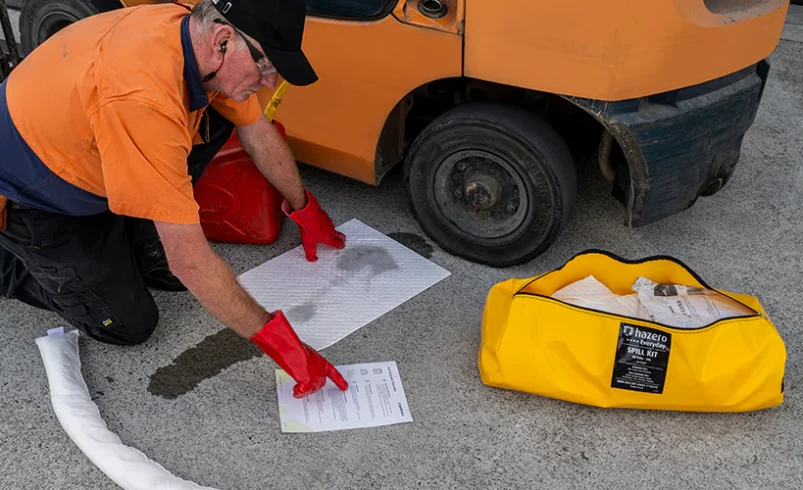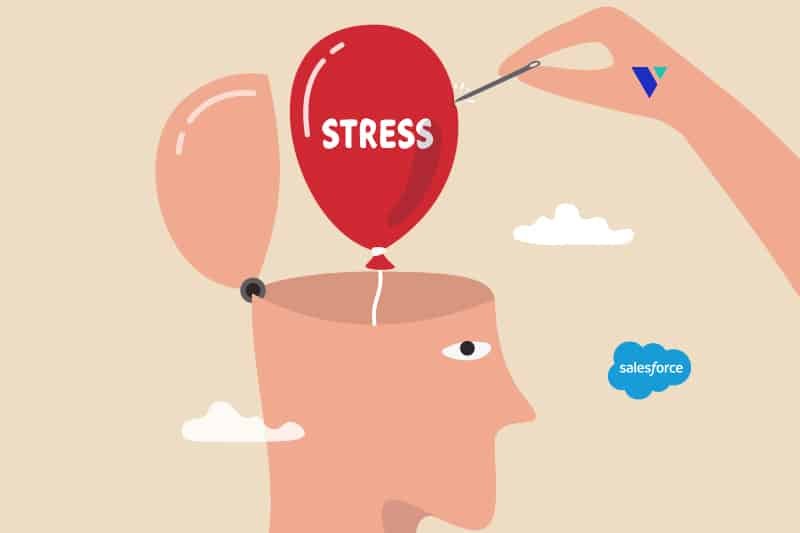When Talking Saves Lives: The Power of Ovarian Cancer Awareness

A lot of people don’t like bringing up cancer. It feels heavy, and sometimes people worry they’ll say the wrong thing. But staying quiet doesn’t help anyone. When people don’t talk about ovarian cancer, others miss out on important signs or don’t realize how serious it can be. Talking about it could honestly save someone’s life.
Think about it—if you hear a friend mention a weird health symptom and you remember reading something about ovarian cancer, that might push them to get checked out. If nobody ever spoke up, that little reminder wouldn’t happen. Awareness isn’t about scaring people, it’s about helping them notice when something isn’t right.
The Problem With the Symptoms
Ovarian cancer is often called a “silent killer,” not because there are no symptoms, but because they’re easy to brush off. Feeling bloated, stomach pain, or getting full after just a few bites of food doesn’t scream “cancer.” Most people would just think, “Maybe I ate too fast,” or, “It’s just stress.”
That’s what makes it so dangerous. By the time many women realize something’s really wrong, the cancer has already spread. Doctors say catching it early makes a huge difference. But you can’t catch something early if you don’t even know it’s a possibility.
That’s where awareness comes in. During ovarian cancer awareness month, organizations remind people what to look out for and why it matters to listen to their bodies. Even one article, one talk, or one social media post might encourage someone to see a doctor—and that could change everything.
Fear Makes It Harder
It’s not just the tricky symptoms that cause problems. Fear plays a role too. People don’t want to talk about cancer because it’s scary. Some women don’t want to tell others what they’re going through because they don’t want pity, or they don’t want to be seen as “different.” That silence can feel isolating, and it often makes the whole situation harder.
Awareness events help break that silence. When survivors share their stories, it shows others that it’s possible to fight through it, and that no one has to do it alone. For families and friends, hearing those stories makes the illness feel less mysterious. It helps them understand what their loved one might be experiencing and how they can actually help. Once people feel informed, fear doesn’t control the conversation as much.
Why Support Matters
No one should have to face ovarian cancer alone. Having people around to lean on makes all the difference. Picture sitting in a waiting room before a scan or going through rounds of treatment with no one there to cheer you on—it would feel endless and exhausting.
That’s where community comes in. Family, friends, coworkers, even neighbors—anyone can play a role. Sometimes it’s as simple as dropping off a meal, wearing a teal ribbon, or posting a reminder online. Those gestures might look small from the outside, but for someone going through treatment, they mean the world.
Communities can also push for change in bigger ways—by raising their voices for more research and better funding. When enough people speak up together, leaders listen. That’s how awareness grows into action, and action leads to progress.
Women’s Health Deserves Attention
For a long time, women’s health just didn’t get the attention it needed. Topics like ovarian cancer were often seen as too “private” to talk about, and because of that, women were left without answers or resources.
Thankfully, things are shifting. More people are realizing that silence helps no one. Talking openly about ovarian cancer is part of changing the culture—reminding women that it’s okay to ask questions, and that their health deserves the same care and urgency as men’s.
When young girls hear these conversations early on, they grow up knowing it’s normal to speak up if something feels wrong. And boys and men learn too—why these issues matter and how they can support the women in their lives. That’s how lasting change starts.
Spreading Awareness Every Day
Awareness doesn’t always come from big national campaigns. More often, it’s in the everyday moments. A mom telling her daughter what symptoms to watch for. A friend checking in and sharing a helpful link. A teacher reminding students to pay attention to their health. Those little exchanges add up.
Social media has made it even easier. One post can reach hundreds of people in minutes. One story can encourage someone else to make that doctor’s appointment they’ve been putting off. And sometimes, that single step can save a life.
Awareness doesn’t always have to feel heavy, either. Some people use humor, art, or creative projects to get people talking. Others join awareness walks or share photos in teal. Big or small, it all matters.
The Bigger Picture
Talking about ovarian cancer isn’t just about what’s happening right now. It’s about giving the future a fighting chance. The more people understand it, the more pressure there is for research, better treatments, and better support. That kind of progress doesn’t come from silence — it comes from people speaking up.
It also changes the present. When women don’t feel like they have to keep it hidden, everything shifts. Instead of feeling ashamed or scared, there’s understanding. Instead of isolation, there’s community. And knowing you’re not alone can make the hardest days a little easier.
Final Thoughts
Ovarian cancer awareness can’t just be about one month of teal ribbons and then moving on. It has to be part of everyday life—listening to our bodies, encouraging others to do the same, and standing by the women who are living through it.
Even small gestures matter. Sharing an article, asking a question, reminding a friend to check in with their doctor—those things might seem tiny, but to the right person, at the right time, they can be life-changing.
In the end, it really comes down to this: the more we talk about it, the more lives we can save. And that’s worth every conversation.




